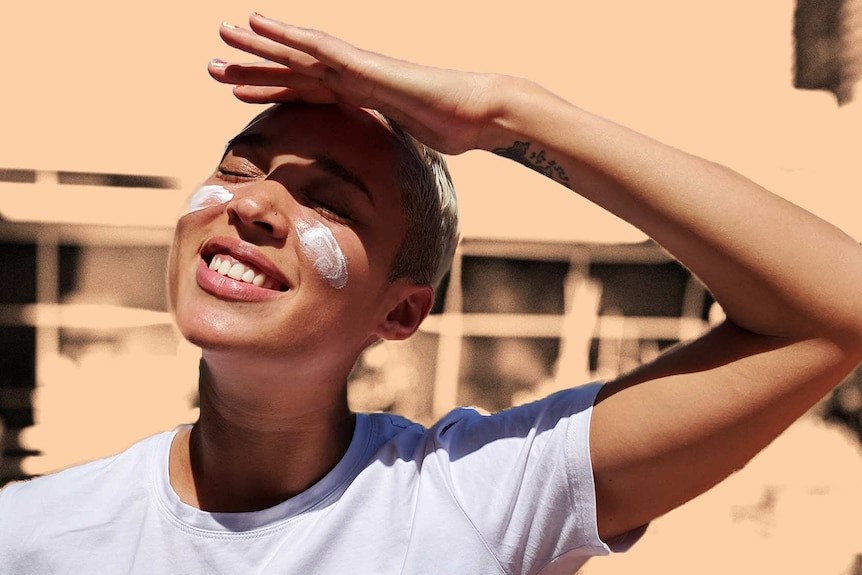AN-Ecran solaire pour peau
Sunscreen

The importance of sunscreen:
Sunscreen is a topical health and wellness product that protects your skin from the sun’s ultraviolet (UV) rays. It is effective when it has an SPF of at least 30 (recommended by the American Academy of Dermatologists).
This SPF is a numerical estimate of how well a product protects your skin from ultraviolet B (UVB) radiation. It represents the ratio of the time it takes for ultraviolet rays to produce a sunburn with or without sunscreen. An SPF of 30 means that you can stay out in the sun 30 times longer without getting a sunburn. It also indicates the proportion of UVB rays blocked: an SPF of 15 blocks 93% and an SPF of 30 blocks 96.7%. So you can’t superimpose the indices.
The sunscreen should also be broad spectrum to protect your skin from the sun’s UVB rays as well as ultraviolet A (UVA) rays.
While UVB rays are more closely linked to skin cancer, UVA rays can still damage your skin and penetrate deep into the layers of your skin to accelerate wrinkles. That’s why a broad spectrum sunscreen is a better bet for sun protection.
The role of sunscreen is to protect against UV rays by forming a barrier on your skin to prevent the absorption of UV rays.

There are two types of sunscreens you can buy:
You can choose between the two types of sunscreen, but when choosing the physical sunscreen, look for those with a minimum 10% concentration of zinc oxide to achieve broad spectrum coverage.
To be effective, sunscreen should be reapplied every two hours. For those who wear make-up, spray sunscreens are available and are very practical.
However, make sure you don’t inhale titanium dioxide, and to a lesser extent zinc oxide, in the aerosol or spray versions of mineral sunscreens. Because they can damage the lungs.
